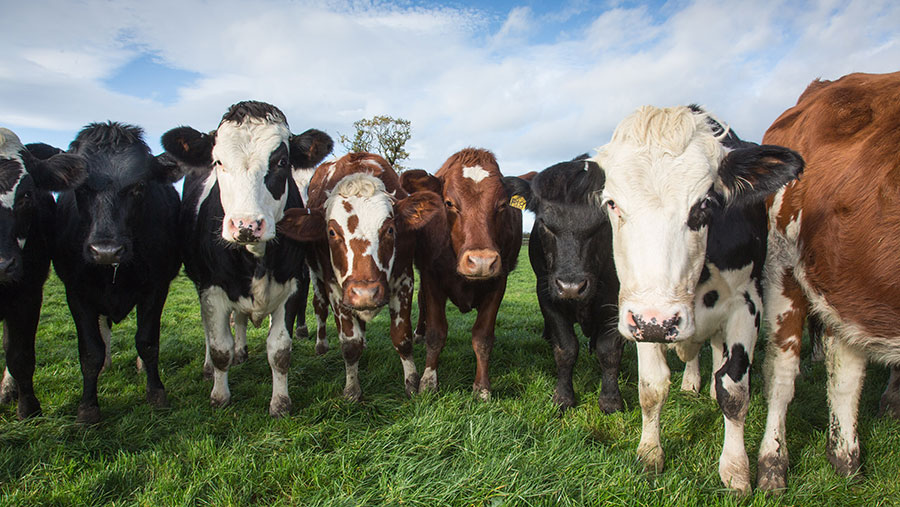Defra sets out vision for better animal health and welfare
 © Tim Scrivener
© Tim Scrivener Farmers are working in partnership with vets and government officials to design new “world-leading” schemes on animal health and welfare.
Over the last 18 months, the NFU, the British Veterinary Association (BVA) and other industry stakeholders have been working with Defra to co-design the schemes.
Defra sees animal welfare as a “public good” and livestock farmers who can demonstrate welfare enhancements will be paid public funds under the government’s post-Brexit plans for agriculture.
See also: New advice issued for monitoring beef farm antibiotics use
The pathway will map out how farmers, the government and experts can work together to improve continually the health and welfare of farm animals, supported by the best evidence and science, it added.
Rather than simply paying farmers for owning land, livestock farmers will be paid for animal welfare enhancements, such as reduced lameness in sheep and lower levels of anti-microbial resistance.
Pilot schemes
Defra will soon begin piloting different forms of scheme design, including a payment-by-results scheme that makes ongoing payments for demonstrable welfare increases, and a capital grants scheme for investments that are known to increase animal welfare.
The department’s Farming for the Future (PDF) document offers a glimpse of some welfare enhancements that could be considered a “public good”:
- Dairy cattle Giving cows increased access to stimulating loafing, outdoor space, or the freedom to access grazed pasture.
- Pigs The improved provision of enrichment and opportunities to root and forage, as well as addressing the use of crates and tail docking.
- Broiler chickens Farms using slower-growing, higher-welfare breeds of chicken that have the freedom to exhibit natural behaviours, either through increased space and a stimulating environment or the freedom to roam, peck and scratch outside.
The schemes are being co-designed with farmers and vets, prioritising cattle, sheep, pigs and poultry, with plans to widen participation to other species in the future.
The first animal welfare grant schemes are set to launch from April 2022.
‘World leader’
Michael Seals, a mixed farmer in Derbyshire and chairman of the Animal Health and Welfare Board for England, said: “There has been a substantial amount of activity over the last 18 months in developing this concept.
“The government and industry are working together to co-design the solutions. This is about individual farms working with their farm vets to deliver improved animal health nationally.
“If we deliver it, we will be the world leader in animal health.”
